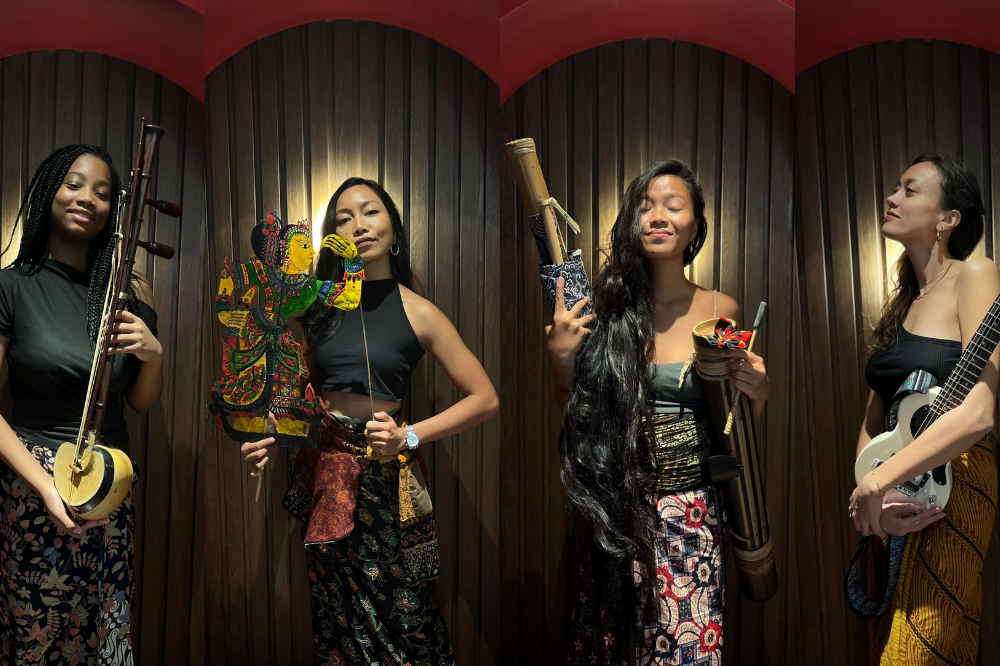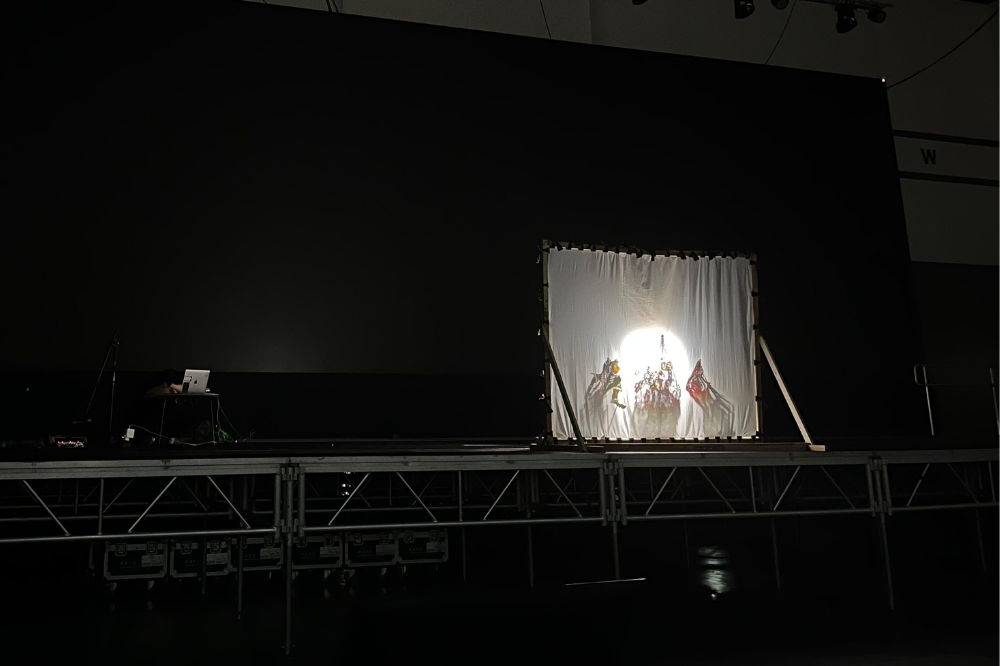Illya Sumanto’s all-female Wayang Kulit troupe is redefining Southeast Asian puppetry
Her work bridges the traditional and the contemporary, ensuring that Wayang Kulit resonates with modern audiences while preserving its rich cultural roots.

With its mesmerising shadows and timeless tales, Wayang Kulit has long stood as a cornerstone of Southeast Asian cultural heritage, with regional variations reflecting unique traditions and storytelling legacies.
In Malaysia, the most recognised styles include Wayang Kulit Kelantan, known for its retelling of the Ramayana, and Wayang Kulit Melayu, which incorporates local Malay folklore. Across the region, Indonesia’s Wayang Kulit Purwa often explores Javanese Hindu epics, while Thailand’s Nang Talung and Nang Yai emphasise intricate puppet designs and Buddhist narratives.
Yet, as the world becomes more tech-driven, traditional arts often struggle to remain relevant. Enter Illya Sumanto, a Petaling Jaya native and educator currently based in Chiang Mai, Thailand, whose bold vision is breathing new life into this centuries-old art form.
Illya’s work bridges the traditional and the contemporary, ensuring that Wayang Kulit resonates with modern audiences while preserving its rich cultural roots.
As a performing arts teacher, she introduces Wayang Kulit to students, blending traditional elements with interactive activities like puppet-making and storytelling.
But Illya’s contributions don’t stop at education. In a field long dominated by male voices, she is breaking barriers by creating authentic female characters with compelling narratives and forming an all-female Wayang Kulit troupe.
“Traditionally, women in Wayang Kulit were relegated to supporting roles, often overshadowed by male protagonists. I wanted to explore how this tradition could evolve while still honouring its roots," she said.
Her productions expand the emotional range of Wayang Kulit, weaving modern themes into traditional storytelling.

“In my own productions, I decided to create female characters that reflect real emotions and experiences. This allows me to experiment with my voice and bring more of myself into the art form,” she added.
Illya’s all-female troupe features diverse talents from across Southeast Asia. Members include DJ Sarah Amer, who samples old Malay music; Tigra Rose, a traditional instrumentalist from Indonesia; Mint, a Thai fire dancer; and others who bring their unique expertise to the performances.
Their groundbreaking work debuted internationally at the International Women’s Forum in Bangkok earlier this month, captivating over 3,500 delegates with their fresh take on the art form.
“When women come together, there’s a unique energy that emerges from our shared experiences. Our struggles, achievements, and perspectives add depth to the stories we tell,” Illya said.
Her troupe’s performances have earned acclaim from local and international audiences, particularly inspiring women to explore traditional arts.
“By creating female-led productions, we’re broadening the emotional range of Wayang Kulit and showing that it isn’t just a relic of the past—it’s a living, breathing art form that belongs to everyone,” Illya said.
Through her efforts, Illya is not only reshaping perceptions of Wayang Kulit but also sparking curiosity and pride among the next generation.
For her, preserving this art form is as much about honouring the past as it is about ensuring its relevance in the future.
“Culture is the heart of our national identity. Without these traditions, we risk losing an essential part of what makes Malaysia unique,” she said.
As she balances her roles as an educator and innovator, Illya proves that Wayang Kulit, with its captivating shadows and timeless tales, still has the power to connect, inspire, and evolve.















